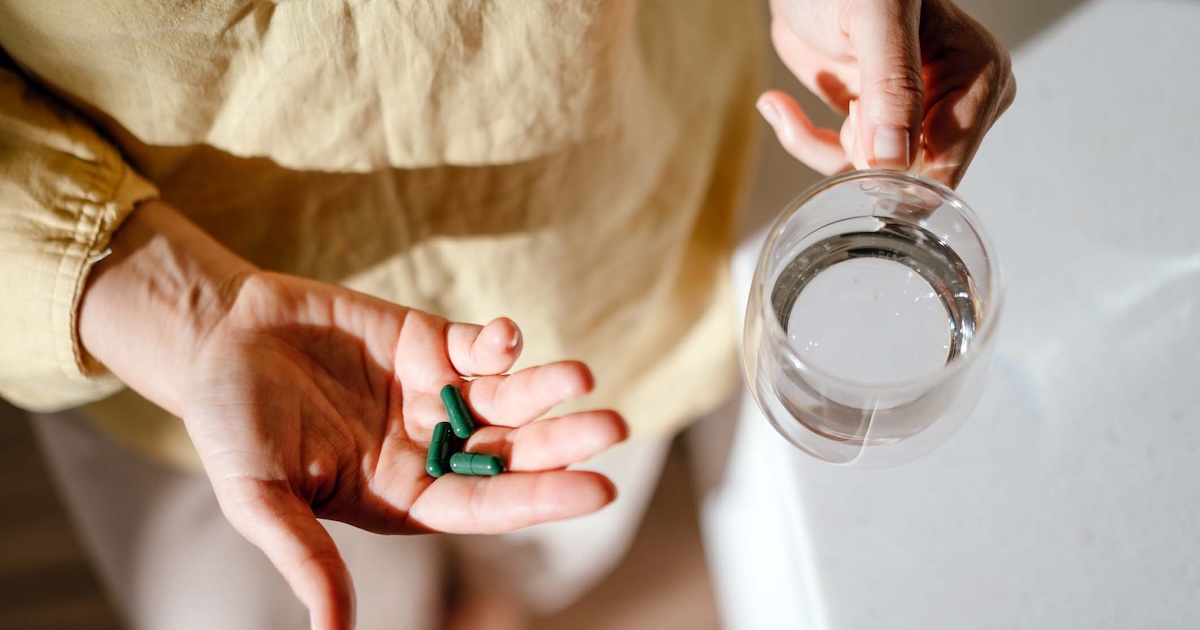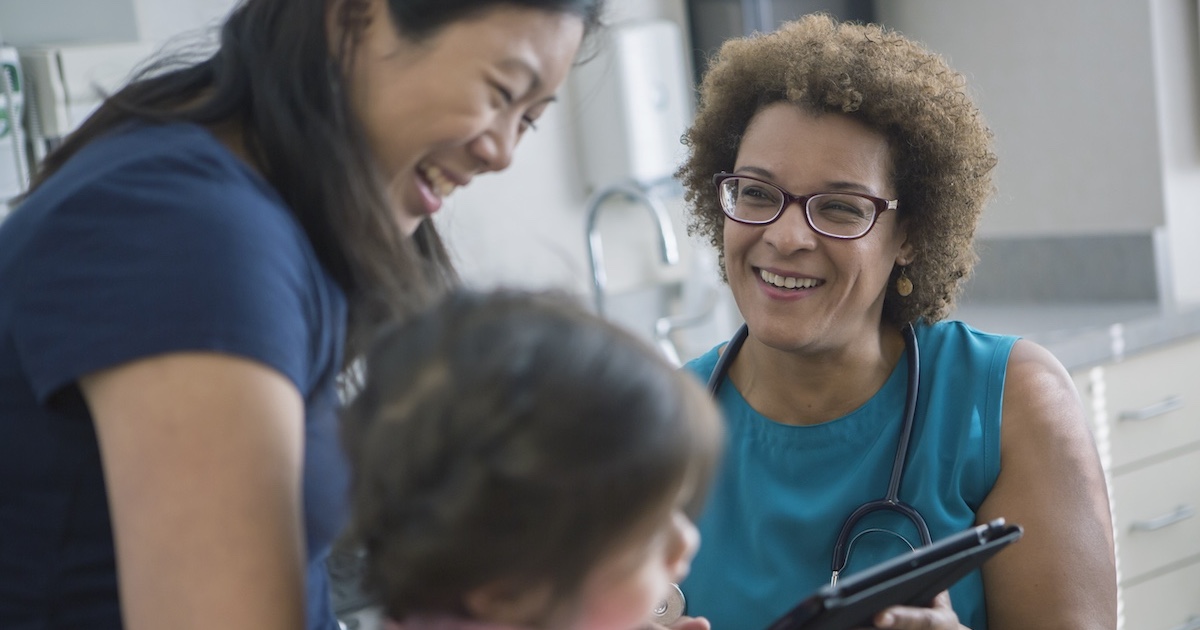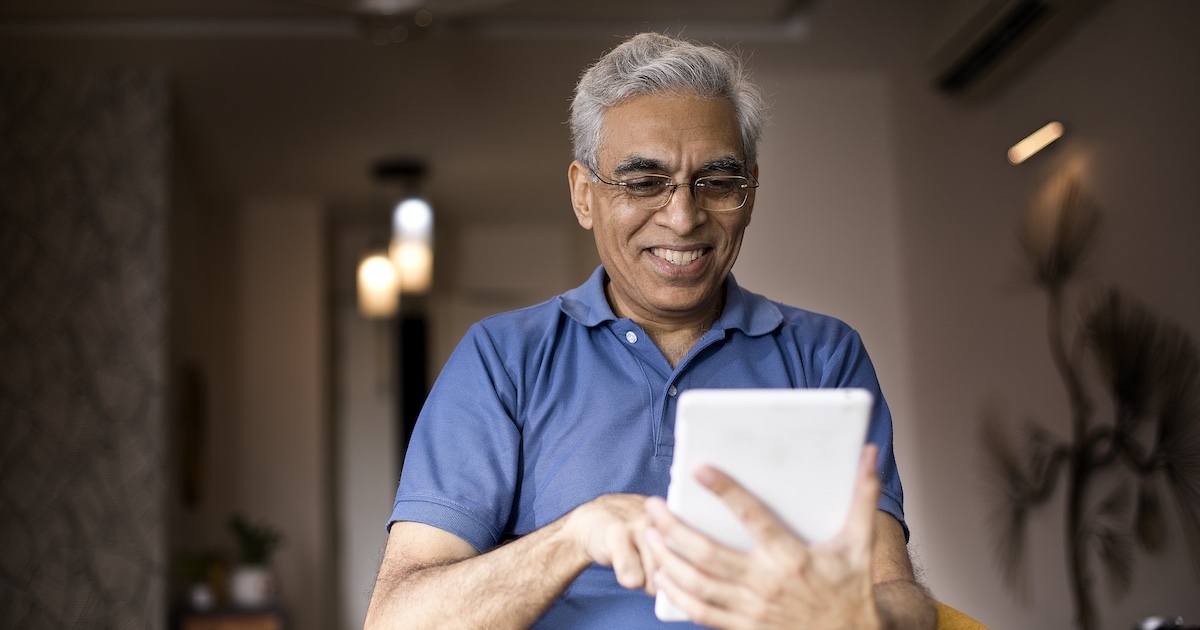 Medication adherence is a huge problem, and it's one that seems solvable. People fail to take the pills prescribed to them for many reasons, but one of the biggest is forgetfulness, especially among elderly patients who take a lot of medications and can easily become confused.
Medication adherence is a huge problem, and it's one that seems solvable. People fail to take the pills prescribed to them for many reasons, but one of the biggest is forgetfulness, especially among elderly patients who take a lot of medications and can easily become confused.
Pillboxes have always been the go-to technology to improve adherence, whether it's a simple Monday-through-Friday organizer or a locked pillbox with a daily alarm. But mobile technology has added another component to the smart pillbox: connectivity. Now your pillbox doesn't just remind you to take your pills; it can track whether you did take them and report that information back to a doctor or caregiver.
With Vitality GlowCaps going mainstream at CVS.com and new pillboxes debuting at CES in January and since then, the market for smart, connected pill bottles seems poised to explode.
"I think there will be many winners," Josh Stein, CEO of smart pill bottle maker AdhereTech, told MobiHealthNews. "Adherence is such a big space that's asking for technology to help it, and it's a vastly complicated issue. There will certainly not be one winner. Many different solutions will win out. The best thing that could happen to us right now would be a large scale adaption of smart pillboxes and smart pill bottles, so that it becomes something people actually think about."
Here's seven companies using sensors and connectivity to help seniors remember to take their pills:
GlowCaps and GlowPack from Vitality

Probably the biggest name in connected pillboxes, Vitality's GlowCaps are cellular-connected caps that fit on regular pill bottles. The caps connect wirelessly to a base station, and both the caps and the station light up when it's time to take a pill. The cap can also play music, and call the user's or a caregiver's phone if they miss a dose. A button on the cap automatically requests a refill of the medication, using AT&T connectivity.
MobiHealthNews learned recently that Vitality is looking to pilot a new form factor with essentially the same functionality, called the GlowPack. The GlowPack is an adjustable pouch that can hold blister packs, inhalers, injectable solutions, liquid medicines, and topical ointments, rather than just pills.
AdhereTech's smart pill bottle

A relatively new company out of the Blueprint Health startup accelerator, AdhereTech hopes to improve on GlowCap's formula in several ways. For one thing, while GlowCaps track the opening and closing of the pill bottle, AdhereTech's bottle actually senses the amount of medication inside the bottle, which helps in preventing accidental overdose. It also has its cellular connectivity built directly into the bottle rather than into a base station. (CEO Josh Stein said the company is soon to close a deal with a mobile operator.) Finally, AdhereTech will offer an API, which Stein suggested might lead to integration with portals like Aetna's CarePass or gamification platforms like Mango Health.
AdhereTech has no plans to market directly to consumers, Stein told MobiHealthNews, but is looking to partner with pharmaceutical companies, insurance companies, and hospitals to have their bottle automatically provided with certain medications. The focus, he said, would be on medications that are very expensive or where nonadherence has highly negative outcomes.

Abiogenix, a graduate of Healthbox, makes the uBox, the brainchild of two MIT graduates. A locking, spinning carousel, the uBox is also connected to a smartphone app that includes schedules, a calendar, and the ability to notify family members about missed doses. The device can lock as well, automatically unlocking at dosing time, allowing it to be used in settings where there's concern about patients abusing medication.
The uBox began as a device for improving healthcare in developing markets, helping to treat tuberculosis in India. Over the past few years, the company has been developing the product for the US market, launching at CES in January and running an Indigogo campaign, which raised about $7,000 of the company's $20,000 goal. Still, Abiogenix's Sara Cinnamon says the company is continuing to develop and planning to announce some big pilots soon.

MedMinder makes two cellular-connected seven-day pill-dispensers -- one that locks (John) and one that doesn't (Maya). Each dispenser has 28 compartments (allowing for patients wo take medication up to four times per day). The MedMinder dispensers need only to be plugged into a power source: all the connectivity is cellular. The system can send messages to caregivers by phone, email, or text message. Much like GlowCaps, the system reminds patients to take their pills with first a light, than a musical tone, and finally "a friendly phone call."
MedMinder, which charges a monthly fee, notifies a family member or caretaker when the patient misses a dose and can also send either the patient or their caregiver regular summary reports on adherence. Or they can log in to an online system to generate reports at any time.

Rather than separating pills into a different box for each dose like MedMinder does, the MedSignals Pill Case has a different compartment for each medication, and an electronic voice tells the patient how many pills to take when they open the case. A light above the appropriate compartment lights up when it's time to take that particular pill.
MedSignal's case is mobile, with a rechargeable battery and a cellular connection, although there's also an optional landline-connected product. The device automatically generates reports for remote caregivers and can call them when the patient misses a dose. The company is focused on making the system compatible with remote monitoring and telehealth.
e-Pill's Monitored MedSmart PLUS

e-Pill has been around since 1999, offering a range of pill containers, wristwatches, and alarms to improve adherence, all marketed at the elderly and aging in place. Their dinner-plate-sized Monitored MedSmart PLUS pill dispenser sells for $800, but with no monthly fee. It stores and dispenses medication, sounds an alarm when it's time to take it, and can call, email, or text multiple care providers if the user misses a dose. The device also calls the caretaker when the dispenser needs to be refilled.
Philips Medication Dispensing Service

Similarly, Philips offers a large medication dispenser designed for aging in place seniors, to be filled regularly by an adult child or caregiver. The Philips unit calls the caregiver when medication needs to be refilled, when the patient misses a dose, or when the power goes out in the patient's home (the dispenser continues running on a back-up battery). With the Philips device, the caregiver actually loads the dispenser with prefilled dose cups, which the machine deposits out a chute at the allotted time.
Both the e-Pill and Philips dispensers are connected, but not cellular. They need to connect to the user's phone line, which makes them difficult to use for people who travel or lead more active lifestyles.


